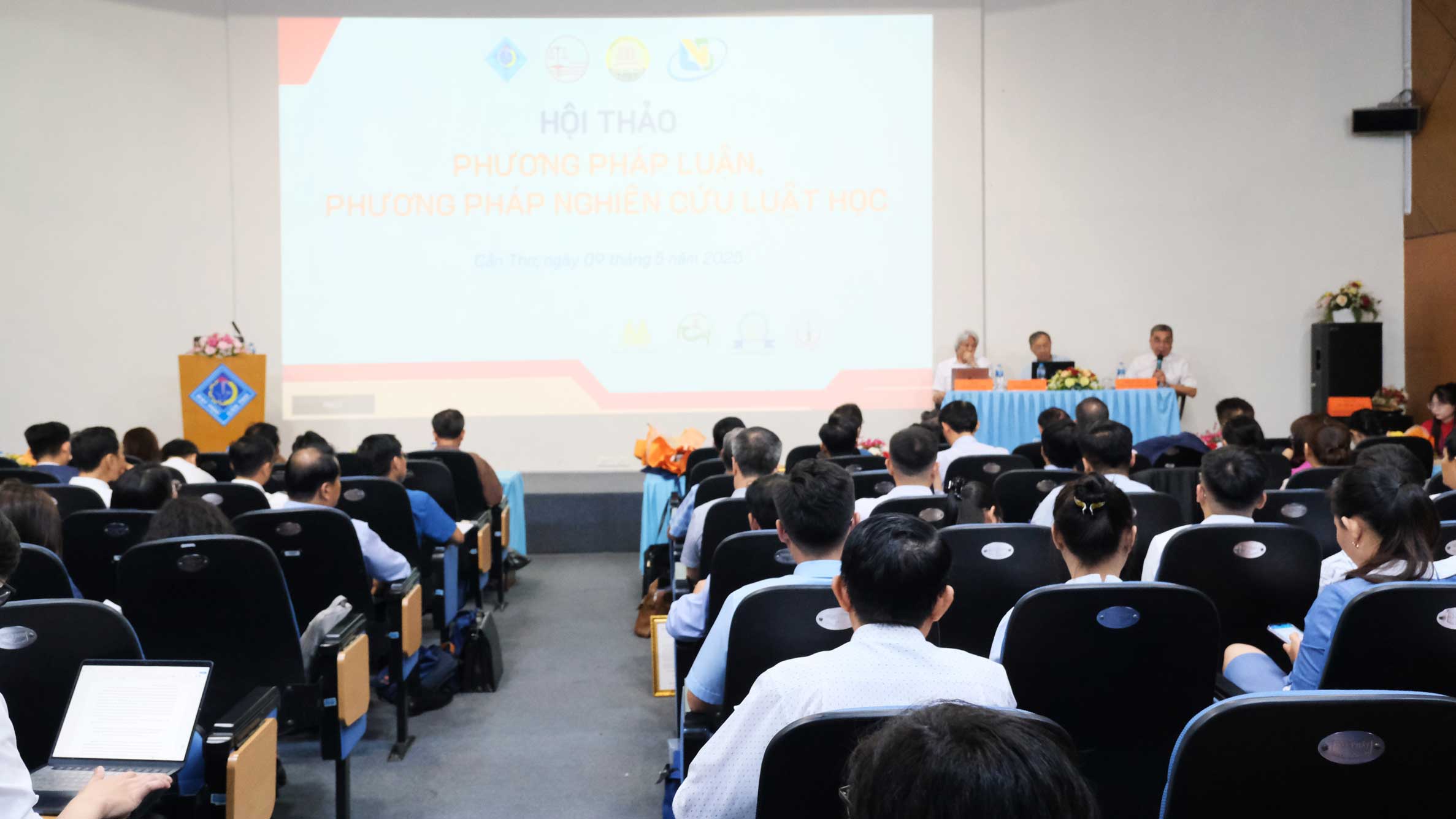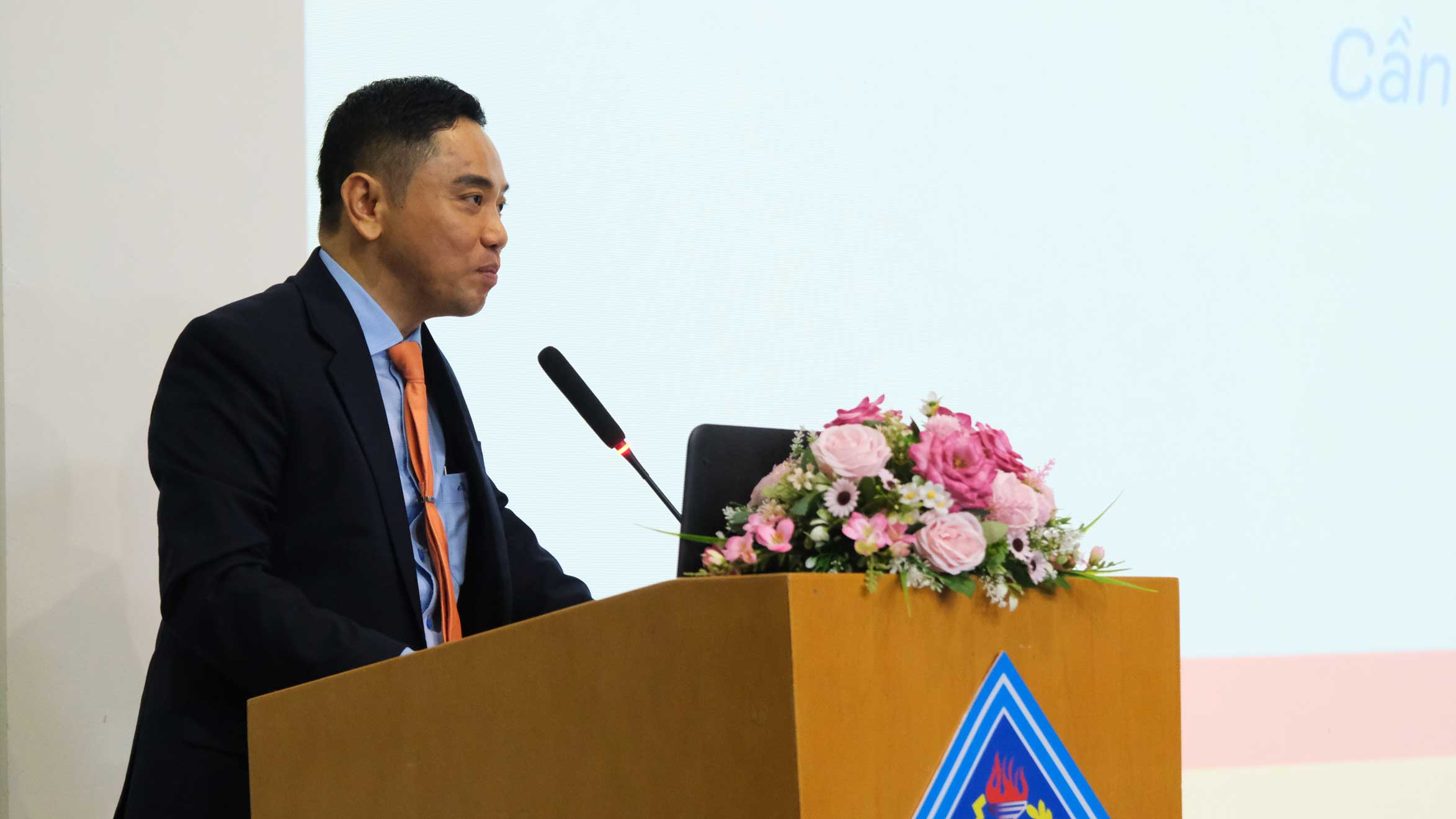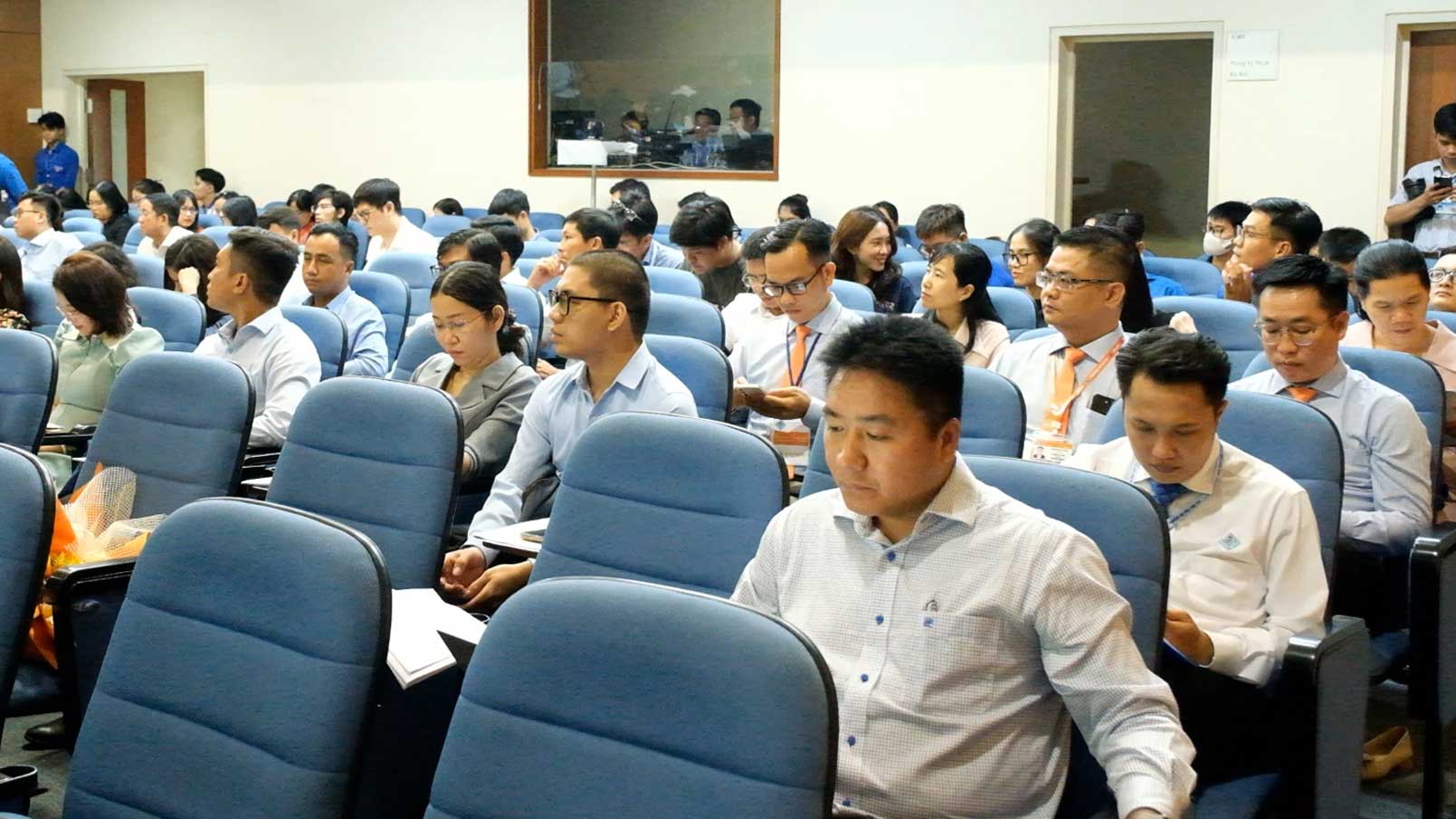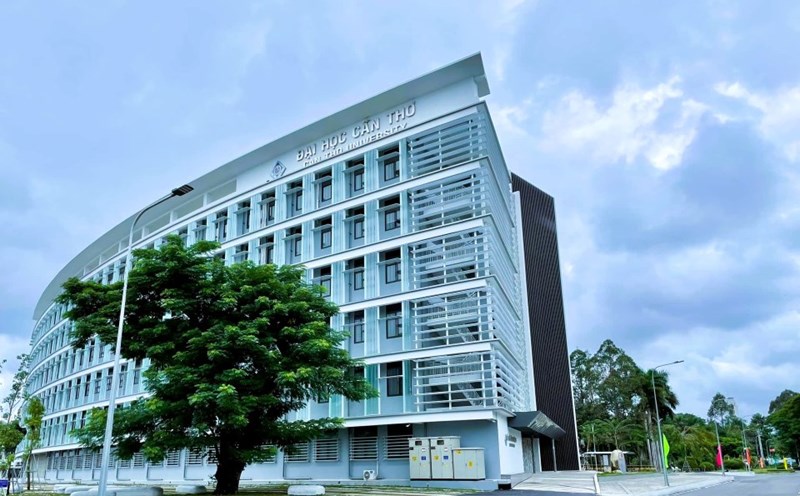The information was given at the scientific workshop "Hue University of Law methodology, legal research methods" jointly organized by the University of Law (Hanoi National University), Faculty of Law (Can Tho University) and University of Law (Hue University) on May 9.
The workshop was attended by professors in the Associate Professors' Council, along with leading associate professors and doctors in the field of law from law training institutions in the law training network nationwide.

At the seminar, with the cognitive presentation of methodology, research methods and their importance in law study, GS. TSKH. Dao Tri Australia - former Chairman of the Council of Laws of Law; Former Director of the State Institute and Law, Vietnam Academy of Social Sciences, clarified the concept of methodology of scientific research in general and legal science in particular. At the same time, going in -depth analysis of the structure of the methodology in legal scientific research with the personality is a system of methods, principles and rules used to get the most reasonable path leading to accurate determination of what is related to the research object.
Associate Professor. Dr. Phan Trung Hien - Head of the Faculty of Law, Can Tho University - with a speech on the method of thinking, reasoning and using evidence in scientific and legal research, emphasized that the effective application of thinking methods, reasoning rules and methods of building scientific and legal evidence not only helps researchers make accurate assessments of the quality of legal regulations but also creates valuable contributions to development.

In particular, Prof. Dr. Vu Cong Giao (University of Law, Vietnam National University, Hanoi) analyzed the impact of AI on legal education in the current era. The paper demonstrated the increasing role of AI and pointed out the challenges in applying AI in legal science, especially related to transparency, academic integrity, data quality, and the risk of technology abuse.
On that basis, the article introduces codes of conduct and testing methods for the use of AI in legal science, affirming its irreplaceable role but also emphasizing the need to change the thinking and working methods of lawyers to survive and develop in the AI era.

With many meaningful and practical presentations, the conference helped researchers and lecturers in the field of legal science look back at the achievements in building and developing theoretical methods and methods of studying law. The workshop also opened a forum for scientists, lecturers, graduate students and those working in law to meet, discuss and share in-depth research related to legal methodology and research methods.












